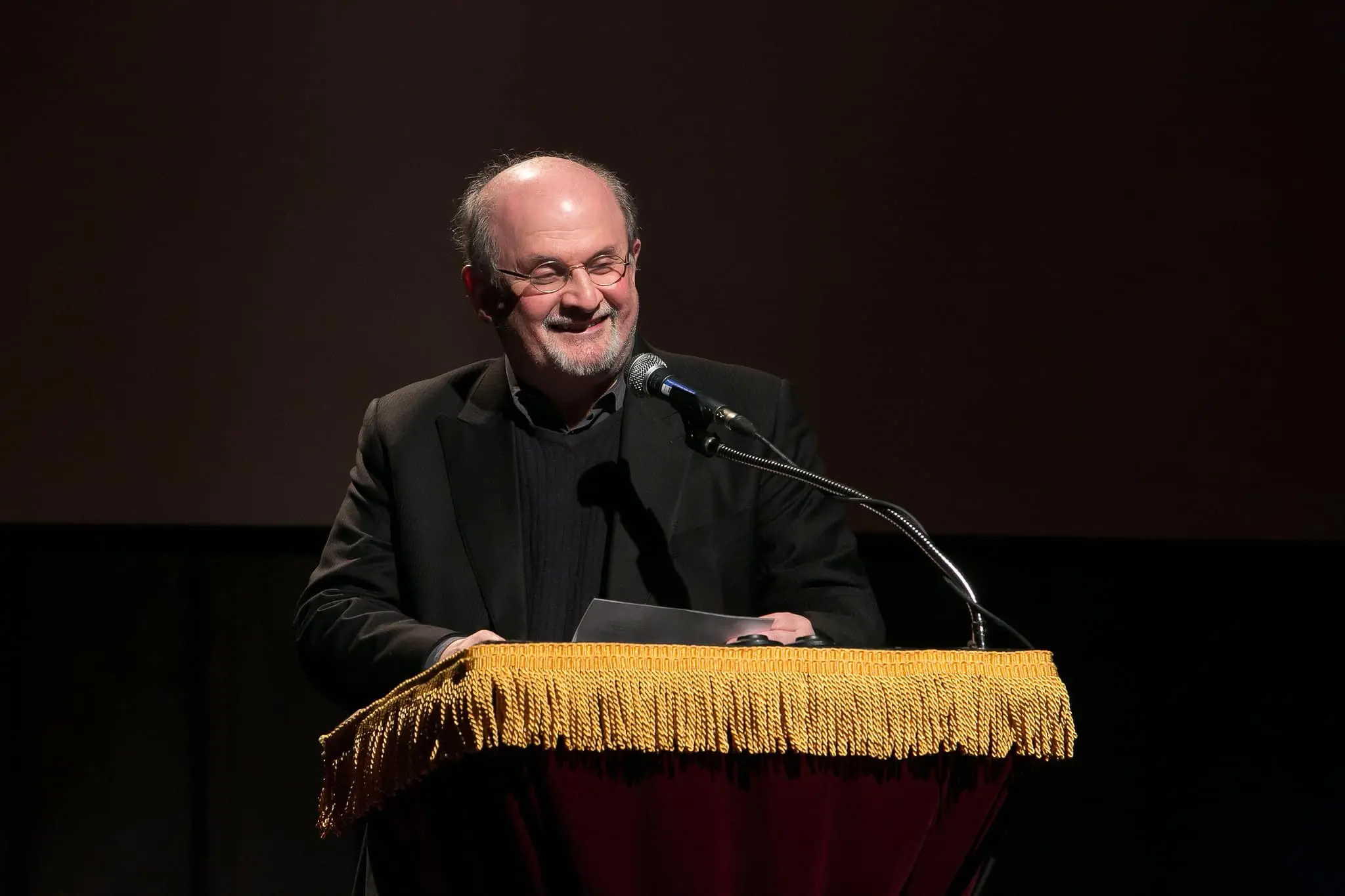*Part of PEN’s new and ongoing initiative, The PEN Equity Project
A reading list and resource guide concerning issues of universal narratives, tokenization, appropriation, privilege and bias in the publishing industry and the organizations working to overcome these challenges.
Must Reads
“You Will Be Tokenized”: Speaking Out About the State of Diversity in Publishing by Molly McArdle
Discussed: 50 First Hand Accounts, Monoculture, House on Fire, Privilege and Networks, 125th Street
Poet Gregory Pardlo: ‘I won the Pulitzer: why am I invisible? by Angela Chen
Discussed: Increasing Visibility, Pulitzers, Revolutions
The One Thing White Writers Get Away With, But Authors of Color Don’t by Gracie Jin
Discussed: Double Standards, Staying in your Ethnic Lane, The Fair Game of Everything
Dr. Craig’s 12-Step Program for White Poets Contemplating Ethnic Fraud by Craig Santos Perez
Discussed: How-to-Guide, Appropriation with Humor
Hatred of Publishing: A Conversation Between Industry Dropouts by Jennifer Pan and Sarah McCarry
Discussed: Asian Kids at Summer Camp, Quotas and Generalizations
When White Poets Pretend to Be Asian by Hua Hsu
Discussed: Cultural Costumes, Appropriation for Opportunity, Race Defining Lit
They Pretend To Be Us While Pretending We Don’t Exist by Jenny Zhang
Discussed: Unexceptional Pain, Ethnic Names, Failures of Imagination, Asian Success and Horror
FROM THE EDITORS: The Politics of ‘Blind Submissions’ Policies by Apogee Journal Staff
Discussed: Blind Reading, Band-Aids, Alternative Practices, Politicizing Authorship
The Worst Kind Of Groundhog Day: Let’s Talk (Again) About Diversity In Publishing by Roxanne Gay
Discussed: Groundhog’s Day, White Lists, New York Times, Monochromatic Content, Table Scraps
I Gave A Speech About Race To The Publishing Industry And No One Heard Me by Mira Jacob
Discussed: Race and Profits, Mini-Disasters, Professionalism, Audiences MIA
Diversity Is Not Enough: Race, Power, Publishing by Daniel José Older
Discussed: Diversity and Likelihood, Reflected Experiences, Changes Axes, Industry-Wide Advocates
Self-Portrait Of The Artist As Ungrateful Black Writer by Saeed Jones
Discussed: Respectability Politics, Finding Frameworks, Teaching Moments, Diversity and Self-Congratulation, Seeing
Vital Resources
Asian American Writers Workshop
Established in 1991, AAWW is a national not-for-profit arts organization devoted to the creating, publishing, developing and disseminating of creative writing by Asian Americans—in other words, they’re the preeminent organization dedicated to the belief that Asian American stories deserve to be told.
CantoMundo is a national organization that cultivates a community of Latina/o poets through workshops, symposia, and public readings. Founded in 2009 by Norma E. Cantú, Celeste Mendoza, Pablo Miguel Martínez, Deborah Paredez, and Carmen Tafolla, CantoMundo hosts an annual poetry workshop for Latina/o poets that provides a space for the creation, documentation, and critical analysis of Latina/o poetry.
Cave Canem is a home for the many voices of African American poetry and is committed to cultivating the artistic and professional growth of African American poets.
A community of writers and scholars committed to developing, empowering and sustaining fiction writers from the African diaspora and their stories. Projects include readings, presentations at professional conferences, social media networking, and an annual summer retreat for fiction writers who are members of the Kimbilio community.
Kundiman is dedicated to the creation and cultivation of Asian American literature. Kundiman offers a comprehensive spectrum of arts programming that gives writers opportunities to inscribe their own stories, transforming and enriching the American literary landscape. Kundiman sees literature not only as vehicle for cultural expression but also as an instrument for political dialogue and self-empowerment.
Letras Latinas, the literary initiative at the Institute for Latino Studies (ILS), strives to enhance the visibility, appreciation and study of Latino literature both on and off the campus of the University of Notre Dame—with an emphasis on programs that support newer voices, and foster a sense of fellowship among writers.
A database of writers of color brought to you by Durga Chew-Bose, Jazmine Hughes, Vijith Assar, and Buster Bylander aimed at creating more visibility for writers of color, ease their access to publications, and build a platform that is both easy for editors to use and accurately represents the writers.
VIDA: Women in the Literary Arts
VIDA’s mission as a research-driven organization is to increase critical attention to contemporary women’s writing as well as further transparency around gender equality issues in contemporary literary culture.
The mission of VONA is to develop emerging writers of color through programs and workshops taught by established writers of color.
